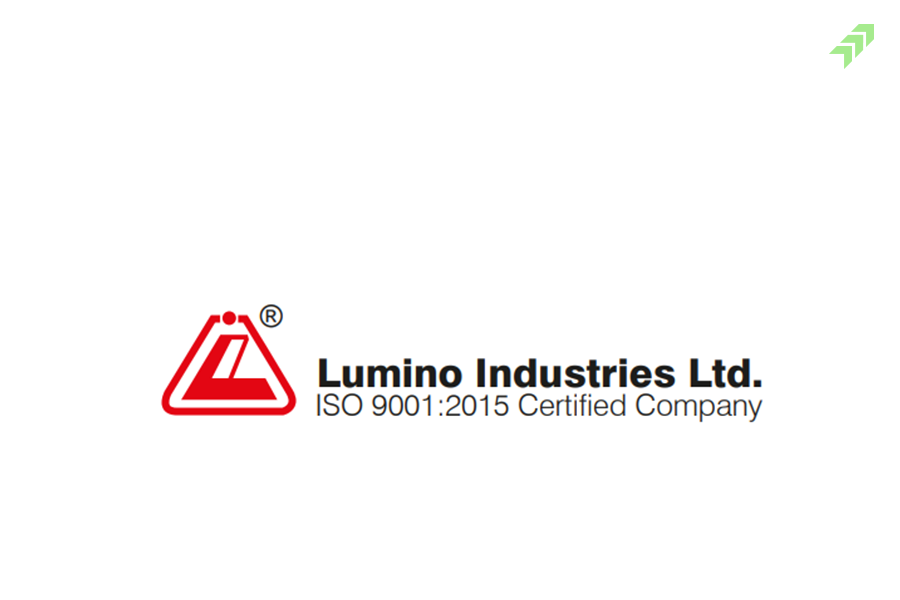T +1 settlement for all futures and options stock
To smoothen and fasten the settlement process and bring in operational efficiency, stock exchanges on Wednesday announced that all derivatives contracts (F&O stocks) will be shifted to T+1 settlement cycle from January 2023. In easier terms it is Trade + one day settlement in a single batch rather than the T+1 settlement in two batches -- December 2022 and January 2023. Under the T+1 settlement cycle, investors get their money or shares delivered within 24 hours.
In September last year, the Securities and Exchange Board of India (Sebi) permitted stock exchanges to introduce a T+1 settlement cycle from January 1, 2022, on any of the securities available in the equity segment. In the first phase, the bottom 100 stocks were made available for the introduction of T+1 settlement, from the trade date of February 25, this year based on the ranking arrived. Thereafter, from March onwards, on the last Friday (trade day) of every month, the next bottom 500 stocks from the list of stocks ranked, are being made available for introduction to T+1 settlement every month till January 2023. Reason for this phase out settlement was a great resistance seen from Foreign Portfolio Investors (FPIs) against the implementation of the T+1 Settlement. Since FPIs invest in India from different countries and time zones, this can be a bit of a challenge for them to get the necessary approvals for the stock transfers and complete procedures from their respective custodians or head offices. For them, this could become a real-time process of stock and money transfers. Domestic brokers argued against it as the new T+1 Settlement involves the high cost of changing their back and front office operations. Both of them wanted more time; hence SEBI and exchanges opted for a phased manner.
What is T + Day Settlement (T+1, T+2)
When you buy or sell a stock/bond/ or any other security, there are two critical aspects to it: one is the transaction date i.,e T, and the second is the settlement date. Therefore the abbreviations T+1 and T+2, refer to the settlement dates of security transactions that happen on a transaction date plus one Day, two days respectively. As the term suggests, the transaction date represents the exact date on which the actual transaction was carried out. For example, if you buy 50 shares today, then today's date becomes the transaction date which is T and the settlement date is tomarrow in case of T+1 and day after tomarrow in case of T+2. Initially, the settlement date for stocks was T+3 i.,e five business days after the transaction date was initiated. Today, it's T+2 or two business days after the transaction date, thanks to technological advancements and electronic trading. Most large stock markets, like in the US (progressing towards the T+1 Settlement), Europe, and Japan, still follow the T+2 settlement cycle of trade settlement.
History of Trade Settlement in India
At the start, the entire trading settlements used to take place between Monday and Thursday (delivery and payment of shares and stocks) on the Bombay Stock Exchange. And on Friday closing settlement t concluded. The whole process backed on the physical movements of paper. The exchanges are used to straighten out the trade by delivering the shares to the purchaser and disbursement to the seller. Story changes when National Stock Exchange entering into the game - with highly technologic advantages and introduction of screen based trading. Nse preferred Wednesday as clearing cum settlement day however they have shifted towards Tuesday for the same. As a result high liquidity injected into the market as traders and others find opportunity to buy and sell without pay immediately condition, which in due course led to speculative activities in the cash market. In the year 2003, the Securities and Exchange Board of India (SEBI) pushed for a reduction in the settlement cycle from T+3 days to T+2 settlement. This not only reduced the time taken for the shares and money to get credited into investors’ accounts, but also helped infuse some much needed liquidity in many stock counters.


















No comment yet, add your voice below!